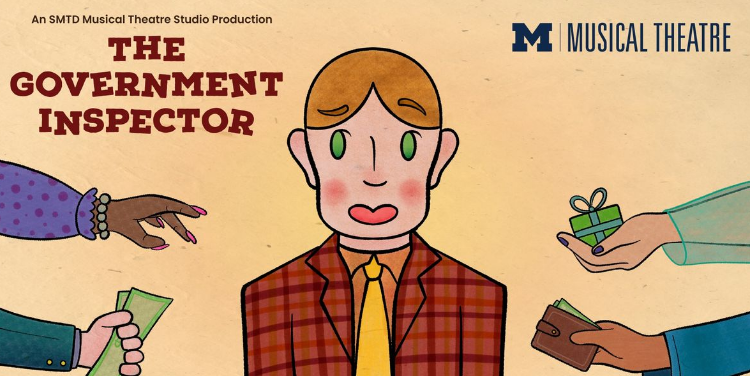Science fiction meets satire in an explosive way in “Mickey 17” — but there is simultaneously too much and not enough of either.
Set in 2054, main character Mickey Barnes (Robert Pattinson, “The Batman”) signs up to be an Expendable on the newest space colony expedition to Niflheim after receiving death threats from a loan shark following a failed macaron business venture with his best friend, Timo (Steven Yuen, “Beef”). However, he soon realizes that not reading the paperwork thoroughly was a mistake. As an Expendable, Mickey is sent to do the most dangerous jobs and used as a human guinea pig for the research team onboard. Every time he dies, his memory is simply reuploaded into a newly reprinted version of his body. Meanwhile, failed politician Kenneth Marshall (Mark Ruffalo, “The Avengers”) commands the future colony full of his red-hat-wearing fans with a camera crew in tow, undeserved bravado, and promises of one day reproducing to make a “pure race.”
Once they reach the famed planet, however, native creatures they name “creepers” become a barrier to breaking ground. During an exploratory mission, Mickey miraculously survives a terrible fall. But by the time he makes it back to the ship, another Mickey has already been reprinted; and with “multiples” strictly forbidden under penalty of death, the angrier Mickey 18 and a milder Mickey 17 must keep their existence under wraps.
“Mickey 17” is director Bong Joon Ho’s most recent project after his award-winning film “Parasite.” Bong’s newest film is an amalgamation of genres: satire, horror, science fiction, and comedy, with a few touchingly romantic moments. From start to finish, the film is defined by absurdism. Mickey’s failed business, which was based around misunderstanding that “macarons are the new hamburgers,” sets the tone for a protagonist who has stumbled into something far beyond his understanding.
Ruffalo’s character, while officially inspired by an amalgamation of different tyrannical rulers, reads (at least to the audience at the showing I attended) as a parody of Donald Trump. His reality show-style governance, blonde wife, and red-hat-wearing followers make the connection undeniable. While this satire is amusing at first, its relentless intensity becomes exhausting over the two-hour runtime, growing more repetitive than revelatory.
Pattinson, on the other hand, carries the film with an engaging performance that oscillates between bewildered desperation and deadpan humor. His portrayal of both Mickey 17 and Mickey 18 gives each iteration of his character a distinct edge, subtly differentiating their personalities with their motivations, mannerisms, and even accents. However, the film never quite allows him to fully explore the psychological implications of multiplicity, treating the idea of splitting consciousness as more of a plot device than a deep thematic concern.
Despite its many strengths, “Mickey 17” ultimately feels unfocused. Is it a commentary on environmental protectionism? A philosophical exploration into the implications of dividing consciousness? Or an elaborate vessel for scathing critique of right-wing politics? It might be all of these things, but none stand out as the film’s central thesis.
The concept of the Expendables had the potential to be something profound, but instead, the film brushes past it in a brief flashback explanation about why reprinting technology is only allowed on Earth. This missed opportunity leaves “Mickey 17” feeling like a film bursting with ideas yet unwilling to fully commit to any of them. While entertaining, it leaves the audience wondering: What was the ultimate point?





